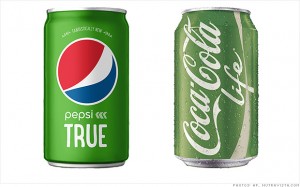The company in question here is Taseko, a Canadian mining company focusing on the operation and development on mines in British Columbia. Recently Taseko has been involved in a territorial conflict with a B.C. First Nation, the Tsilhqot’in. The latter unilaterally declared a newly courts-approved area as a tribal park, including the site of Taseko’s New Prosperity copper-gold project at Fish Lake, which lay outside the supposed title area.
The social-economic trend nowadays is that First Nations people are putting increasing efforts to protect their titled landscapes from being contaminated by industrial hazards. They are willing to forgo the potential economic benefits accompanied by industry developments near their homelands. In addition, based on Supreme Court of Canada ruling, corporate industries have to seek legal consent from the Tsilhqot’in before pursuing any industrial development on their traditional territory. Both social-economic trends and regulatory trends provide foresight for Taseko’s future development. Whether Tsilhqot’in people’s declaration of tribal park is legitimate or not, developing and maintaining mutually beneficial relationships with the First Nations communities should still at the top of Taseko’s agenda. Moreover, more investing in environmentally sustainable and friendly mining technologies should be pursued to show that the company, just like First Nations people, is also committed to the preservation of biodiversity.
Image and Website Sources:
http://www.vancouversun.com/news/metro/cms/binary/10192767.jpg?size=620x400s


